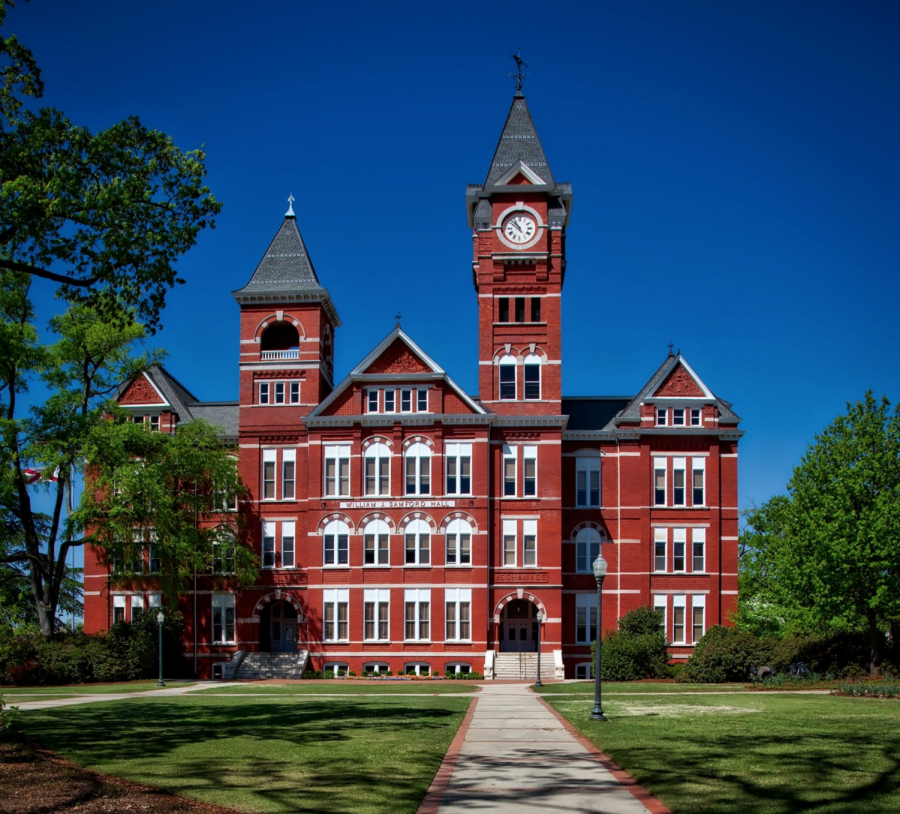Editorial: Are We Part of the Problem with Privilege?
Mar 26, 2019
On Monday, March 11, the biggest college admissions scandal in U.S. history was uncovered. In an indictment by the FBI, now known as the Varsity Blues case, fifty people including thirty-three parents (three of which are from Marin), were alleged to have partaken in a series of crimes ranging from fraud and conspiracy to racketeering—crimes that involve obtaining or using money for illegal intent as a part of a criminal organization. Celebrities and other extremely wealthy Americans were tied to the indictment, including television stars Lori Loughlin and Felicity Huffman. Loughlin posted her $1 million bail the day after she was arrested.
This news breaks as many students receive decision letters from colleges. Teachers pulled up articles for in-class discussions, students gossiped in the hallways, and NextDoor was overflowing with community members’ commentary on the subject.
While photoshopping a high school students face onto a stock photo of a professional quarterback, or paying off a proctor to correct SAT scores are blatantly illegal ways of gaining entry into top colleges, the outrage and incredulity currently being expressed by Marin students and parents almost seems out of place. Once over the initial shock that something like this could not only be happening but be happening undetected for the past six years, it becomes clear that it is in fact not surprising in the slightest. At least three Marin parents have been accused of similar to get their children into elite universities, further proving that Marin is hardly innocent in the midsts of this scandal.
In addition to blatant bribery or illegal activity to ensure a child gets a top undergraduate spot at college, many other questionable actions are taken by Marin families. Being known as a ‘legacy’ or having your parents donate millions of dollars to build a new library on an Ivy league campus is socially acceptable and undeniably legal. However, when you break it down, it essentially carries the same purpose and intent as that of the Varsity Blues case—getting into college off of wealth and social standing instead of academic merit. Of course being a legacy or donating money is far from illegal, but it furthers the economic inequality that takes place during the college process.
In this area we have no shortage of ACT/SAT prep courses, nor do we have a shortage of college advisors. Chiefly, we are part of a very privileged sect of society, living in a super zip code filled with the largely wealthy. Students in this area that have the ability to pay for tutoring and essay help are automatically ahead of students who don’t have access to such resources.
Coming from a place of extreme privilege, it is easy to point fingers at the inequity that occurs in our college admission; we are part of the problem. Students are reminded that getting into college is a game and you can’t win unless you play. While a solution for this dilemma is a far way off, it’s worth it to evaluate the luxuries which the wealthy parents of Marin buy their children and whether or not we should let them.




